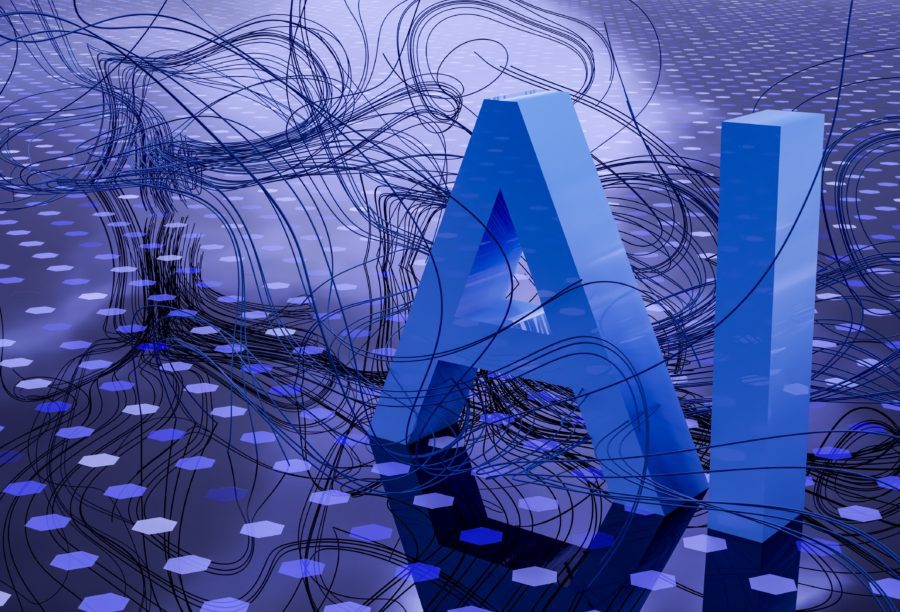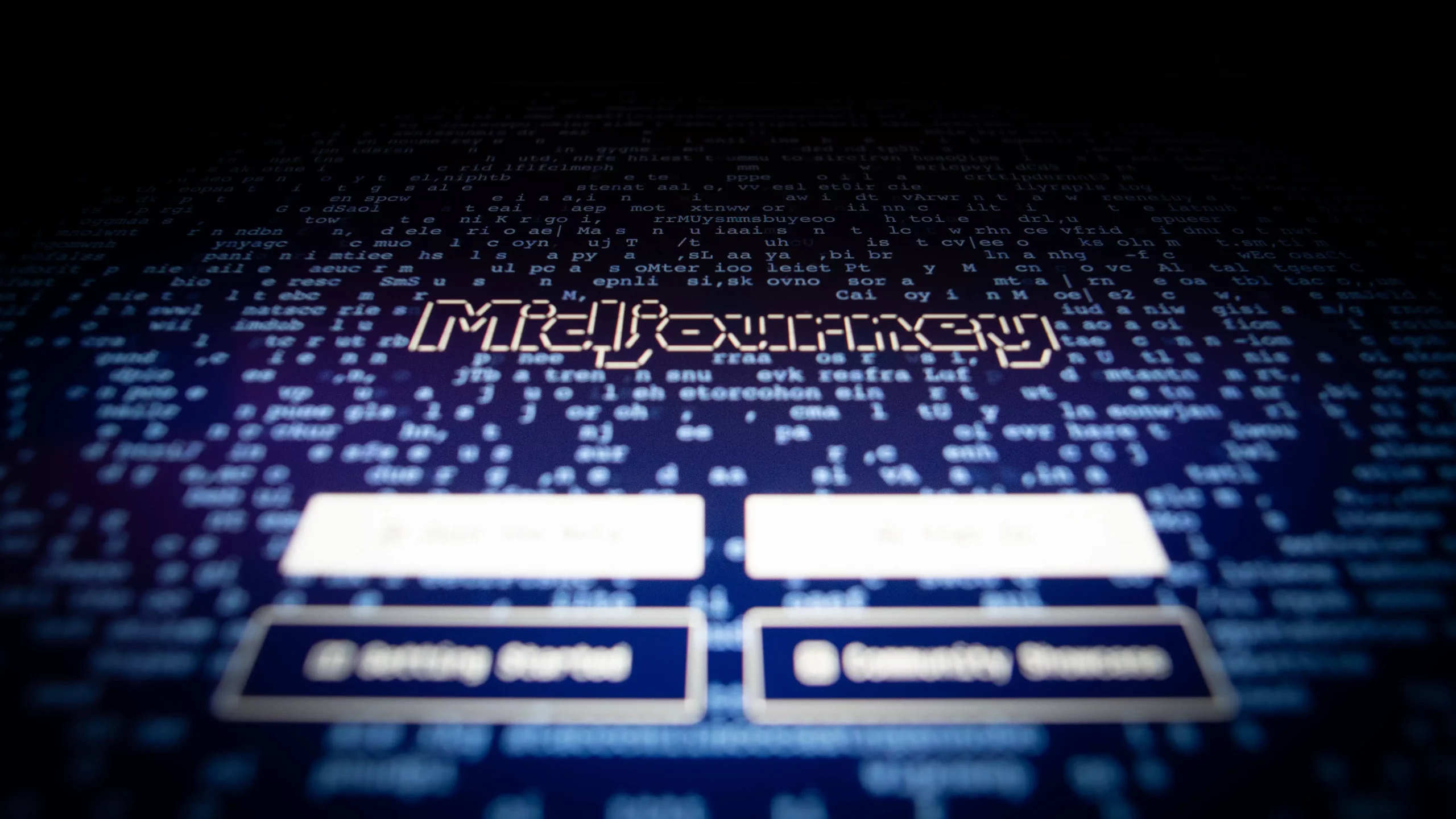
Estimated reading time: 11 minutes
Artificial intelligence can potentially revolutionize all aspects of life and change how we think. It allows machines to learn from data to perform like humans. They are making our cities smarter, driving our cars, and even fighting climate change. But with too much hype comes many myths about AI. It is important to eliminate misconceptions about it To understand artificial intelligence more for what it can do and what it cannot.
Related Links
What Is AI (Or Artificial Intelligence)?
Artificial Intelligence is the software and machine intelligence – human intelligence simulation processed by computer systems. They can perform what humans can do, or even better, such as reasoning, learning, interacting with the environment, problem-solving, and exercising creativity. AI improves performance and productivity by automating processes or tasks that once required human power.
Types Of AI
Artificial intelligence can be classified into two: capabilities and functionalities.

BASED ON CAPABILITY:
Narrow AI (Artificial Narrow Intelligence)
Narrow AI, known as weak AI, is today’s most common AI. It is trained to only perform a single task faster and better than humans. It is referred to as “weak” because it doesn’t possess the general intelligence of a human.
General AI (Artificial General Intelligence)
General AI is sometimes referred to as strong AI. It is a multifaceted machine intelligence canty to understand, learn, and function efficiently like humans.
Super AI (Artificial Super Intelligence)
Super AI is an artificial intelligence that’s self-aware with cognitive abilities better than humans. They learn, think, reason, and judgments. Artificial Superintelligence is way better than humans in many ways, as they have access to a lot of memory, data processing, and analysis.
Reactive AI
Reactive AI is an unsupervised elementary kind of AI. These machines act in existing scenarios or situations. These AI cannot use past memories or experiences to provide conclusions, thus reactive AI. It doesn’t have real-world practicality, so it only behaves the way it is programmed.
Limited Memory
Limited memory is unlike reactive AI; it is a supervised AI system. It derives information from past experimental data and real-life events. These machines learn from the fed data and observe actions to create a proper model. It also suggests what may come next from the past data clues.
Theory of Mind
Due to the evolution of artificial intelligence, it attained the “Theory of Mind“, which considers theoretical concepts. Just like humans, it mimics emotions and thoughts any living could have. It could grasp the feelings of humans, animals, and other living beings and make rational decisions.
Self-Aware AI
Self-aware AI is considered the most technologically advanced form of AI. It possesses self-consciousness as good as humans. They are aware of their internal state and others. Self-aware AI is similar to ToM, but it dives deeper. It does not only mimic human practices but is also aware of self-guided reactions and thoughts.
The Benefits of AI
35% of global companies now use AI in their businesses, while 50% plan to incorporate AI strategies in 2023. With the increasing trend of AI implementation, it is evident that this technology brings significant benefits to businesses in various industries.
- Reduction in human error: AI can significantly reduce errors and increase accuracy and precision, especially in repetitive tasks.
- Automation: AI can automate repetitive processes and tasks, which can save time and resources.
- Data analysis for informed decisions: AI can provide insights by analyzing huge amounts of data to help make informed decisions.
- Assistance in medical diagnosis: AI can assist in medical diagnosis by analyzing medical images and providing accurate diagnoses.
- Improved customer experience: AI can improve customer experience by providing personalized recommendations and assistance.
- Better decisions: AI can help organizations make better decisions by analyzing data and providing insights.
- Efficiency and productivity gains: AI can handle tasks at a volume and velocity that’s not possible for humans to match, which can lead to efficiency and productivity gains.
- Improved speed of business: AI can help organizations handle tasks faster, improving business speed.
Breaking Common Misconceptions About AI
Artificial Intelligence (AI) is often surrounded by misconceptions, like any technology. From replacing all human withbs to exaggerated fears about taking over the world, we will debunk them with facts.
#1. AI Is The Same As Machine Learning (ML) And Deep Learning
AI, ML and Deep Learning are terms used interchangeably in the media, but they are not the same. There are significant differences between them – AI is an umbrella term, while ML and DL are specific branches of AI.
Fact: AI is a broader concept that encompasses various technologies and techniques
Artificial Intelligence (AI) is a convenient and commonplace term. Think of AI as a science that makes everything intelligent. The progress we see in AI is based on machine learning (ML) – a subfield of artificial intelligence where computers learn and recognize patterns instead of manual programming with specific rules.
Deep learning is a machine learning technique. It is based on neural network technology, an algorithm that is inspired by a human brain that learns to recognize complex patterns like what a “party” looks like and what “hugs” are.
#2. AI Is The Same As Human Intelligence
AI is often portrayed in movies as having human-like intelligence, but this is not the case. Though it can perform tasks, it does not have the same capabilities as a human brain.
Fact: AI is designed to mimic human intelligence, but it is not the same as human intelligence and has limitations
Intelligence is a property inherent to living creatures that allows them to learn, communicate, understand, empathize, and make decisions. AI is an attempt to simulate or create similar results using a machine. However, it is still only a mechanical simulation that may appear to produce some of the same results as natural intelligence.
While AI systems are becoming more advanced, they are still far from approaching human intelligence. It is important to understand that AI is only as good as the data it is trained on and still depends on countless human brains.
#3. AI Will Automate Everything And Replace All Human Jobs

Technology breakthroughs have been long feared for mass unemployment. World Economic Forum estimated 85 million jobs to be replaced by AI. However, 97 million new jobs will also be created because of AI.
Fact: AI is not designed to replace humans entirely. Instead, it is meant to augment and enhance human capabilities.
AI can automate mundane, repetitive, and time-consuming tasks, freeing up human employees’ time so they can focus on tasks that require a human thinker, such as creative work. It enables people to thrive to work on these tools to remain there and own the digital transformation.
Moreover, people are necessary for the process of implementation and further development of AI-powered tools. Therefore, AI is not a job killer but a job creator.
#4. AI Can Learn Anything Without Limits
AI is portrayed as the ultimate learning machine, with no limits to its capabilities. However, it is still limited by the data it is trained on and the algorithms used.
Fact: AI requires human input and supervision
AI systems are only as good as the data they are trained on. AI cannot learn or make intelligent decisions without accurate and diverse data. Moreover, human supervision is necessary to ensure the AI system operates ethically and responsibly.
#5. AI Is Always Expensive And Inaccessible
Due to the perception of AI as a highly advanced and complex technology, it is often believed that it is expensive and inaccessible to individuals or small businesses.
Fact: There are many free and open-source AI tools available
While some AI applications may require significant investment, many free and open-source tools are available for individuals and small businesses to utilize. Additionally, the cost of developing AI has decreased significantly in recent years, making it more accessible than ever before.
#6. AI Is A Science Fiction Technology
AI is often seen as a science fiction technology that only exists in the future, as seen in movies and TV shows. However, it has been around for decades and is already a part of our daily lives.
Fact: AI is a reality today and is being used in various industries, businesses, and applications
AI has seen a wide range of applications throughout the years, including healthcare, robotics, eCommerce, finance, and even personal finance applications. It is widely used in data-heavy industries like banking and securities, insurance, and pharma to reduce the time to analyze big data sets.
#7. AI Is Only Used For Automation
While automation is a visible application of artificial intelligence, AI covers a much broader field.
Fact: AI has many other uses beyond automation, such as decision-making, prediction, and analysis
AI can process huge amounts of data quickly and accurately, leading to more informed and efficient decisions. It can analyze historical data to identify patterns and make predictions about future events or trends. With machine learning techniques and advanced algorithms, AI can identify insights and patterns that would be hard for humans to detect.
#8. AI Is Only For Certain Industries
AI is not limited to a specific industry or field. Usually, it is associated with technology and computer science, but AI can also be applied in various fields.
Fact: AI can be used in any industry or application, such as healthcare, manufacturing, and entertainment
Many people view AI as a standalone technology rather than an enhancement to existing systems or processes. In reality, AI algorithms and tools can be integrated into various industries, from healthcare, manufacturing and entertainment.
AI-powered robots can assist with surgeries and diagnose diseases, making healthcare more efficient. In manufacturing, AI can optimize supply chain management and improve production processes. Even in entertainment, AI is used to personalize user experiences and recommend content based on preferences.
#9. AI Is Infallible And Always Makes The Right Decisions
AI is not infallible and not error-free.
Fact: AI is not perfect and can make mistakes
We often hold AI to a higher standard than humans because it is touted as being more advanced and intelligent. However, it is very dependent on the data they are trained on. The system can produce inaccurate and biased outcomes if it contains errors, limitations, or biases.
Moreover, AI cannot make moral or ethical decisions like humans. It is programmed to make decisions based on data and rules set by humans, which means it does not have the ability to consider factors such as empathy, intuition, or common sense.
#10. AI Is A Recent Development
AI may have gained attention and advancements recently but it has a long history.
Fact: AI has been used for several decades
The history of AI can be traced back to when researchers began exploring the concept of creating machines that could think and act like humans in the 1950s. John McCarthy, an American computer scientist, coined the term “artificial intelligence” in 1956.
#11. AI Is Only Relevant To Big Companies And Not Small Businesses

Another common misconception is that AI is only applicable to large companies with extensive resources. However, this is far from the truth.
Fact: AI can benefit businesses of all sizes
Small businesses can also leverage AI to improve operations and stay competitive in today’s market a number of cloud service providers offer AI platforms and tools that allow businesses of all sizes to leverage AI capabilities. With advancements in technology, AI tools and solutions are becoming more accessible and beneficial for businesses of all sizes.
#12. AI Is Only For Tech Experts
Many people assume that implementing AI requires a team of tech experts, making it seem out of reach for non-technical individuals.
Fact: AI technology has become more accessible and user-friendly to people with varying levels of expertise
AI technology has evolved to be more intuitive and user-friendly, allowing non-technical users to utilize its capabilities without needing a deep understanding of coding or algorithms. Many AI tools are now designed with a visual interface, enabling users to build and train models by simply dragging and dropping elements.
Moreover, many AI platforms offer extensive documentation and tutorials to help users navigate the technology. These resources are often written in beginner-friendly language, making it easier for non-tech experts to understand and implement AI in their work.
#13. AI Will Take Over The World And Become Uncontrollable
This misconception starts from AI gaining consciousness and becoming evil, which is more science fiction than reality.
Fact: AI technology is designed and programmed by humans
AI has made advancements, but gaining cognitive and surpassing human intelligence remains an open challenge. Discussions and debates are still ongoing among policymakers and researchers to ensure the responsible deployment and development of AI technologies.
Final Thoughts: Understanding The Power Of AI
AI is a technology that is powerful enough to make significant impacts in various industries and will continue to do so in the future. It is important to clearly understand what AI is and dispel any misconceptions surrounding it. By knowing the facts about AI, we can better leverage its capabilities and use it responsibly for the betterment of society.
Together, we can harness AI’s potential for good while also being mindful of its limitations and potential risks. So, let’s embrace this technology with a better understanding and an open mind. Keep learning, keep growing, and let’s see what the future holds for AI!

